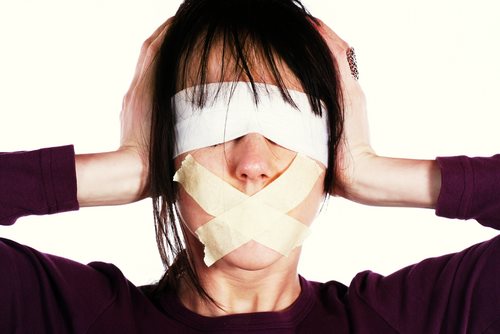Must Know Facts About Freedom of Speech
What is Freedom of Speech?
Freedom of Speech is an unalienable right afforded to every citizen of the United States of America; these rights make mention of the statutes expressed in the 1st Amendment to the Constitution of the United States – a statute that provides every American citizen to ‘Life, Liberty, and the Pursuit of Happiness’. With regard to the provisions set forth within the 1st Amendment to the United States’, the Freedom of Speech prohibits the unlawful banning, prohibition, and ceasing of unlawful censorship.
1st Amendment
Date Proposed: September, 25th 1789
Date Ratified: December 15th, 1791
Contents of the Amendment: This Amendment affords citizens of the United States with the freedom of religion, the freedom of press, the freedom of speech, and the right of assembly; the freedom of speech is considered to not only be granted by the Federal Government, but also protected by them as well
Legislative Classification: Bill of Rights
Is the Freedom of Speech a Human Right?
The Freedom of Speech is considered to be both a Human Right and Human Liberty; the determination of this relies heavily of the circumstance surrounding then nature, objective, and intent of the speech. In contrast to the precepts inherent in Human Rights, Human Liberties typically maintain a nature of action and event in which personal choice and freedom is implicit. Human Liberties – such as the Freedom of Speech - afforded to citizens of the United States are undertaken through agency and autonomy in lieu of circumstance or permissive mandating. Human Liberties are defined as the opportunities, entitlements, and awards granted to the specific citizens of a country or nation that are applicable to social interaction and interpersonal activity taking place within a societal level.
Legal and Illegal Freedom of Speech and Expression
Although Freedom of Speech is considered to be an inalienable Human Right, with regard to activity or actions that employ the Freedom of Speech and expression for means that contract the legality and legislative statutes mandatory within the United States of America, that Freedom of Speech may be defined as either a human liberty or even a crime. Expression and activities deemed to be damaging, hateful, and prejudicial in their nature – including expression and activity serving to denigrate and rob others of their respective ‘pursuit of happiness’ - are considered to be both an unlawful and illegal act:
Freedom of Speech and Prejudice
Prejudice can be defined as the discrimination against another group or individual with regard to an individual trait or characteristic believed to be out of the control of the individual who displays it, which may include discrimination and crimes committed out of personal and unfounded bias.
Freedom of Speech and Public Policy
Although the rights expressed within the United States Constitution allow for every American citizen to the right to freedom of speech, expressed prejudice with regard to the happiness, opportunity, and wellbeing of another individual is both illegal and unlawful – this can include biased hiring practices and admission policies.
Freedom of Speech and Criminal Activity
Hate Crimes, or any form of harm caused due to a latent prejudice or personal bias is considered to be illegal on the grounds that one’s freedom of speech results in the dissolution of another individual’s pursuit of happiness.
